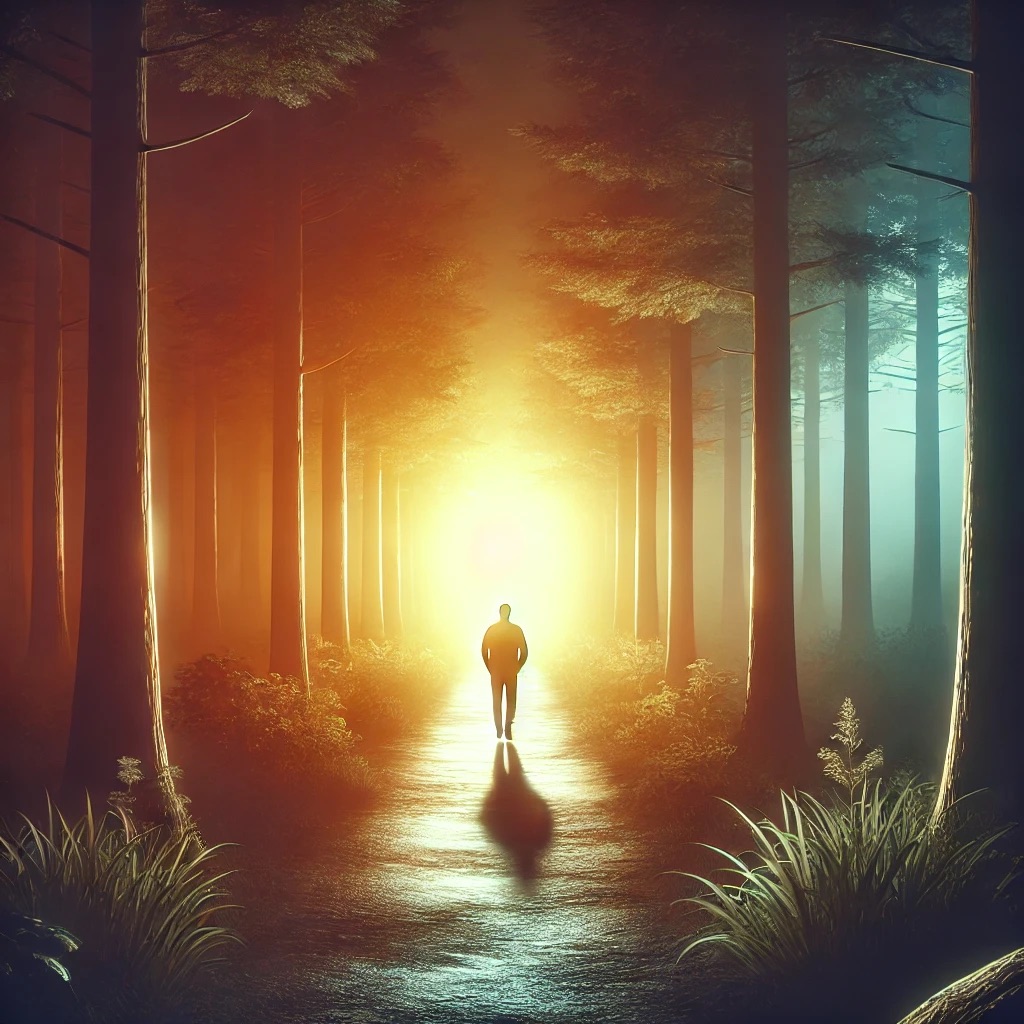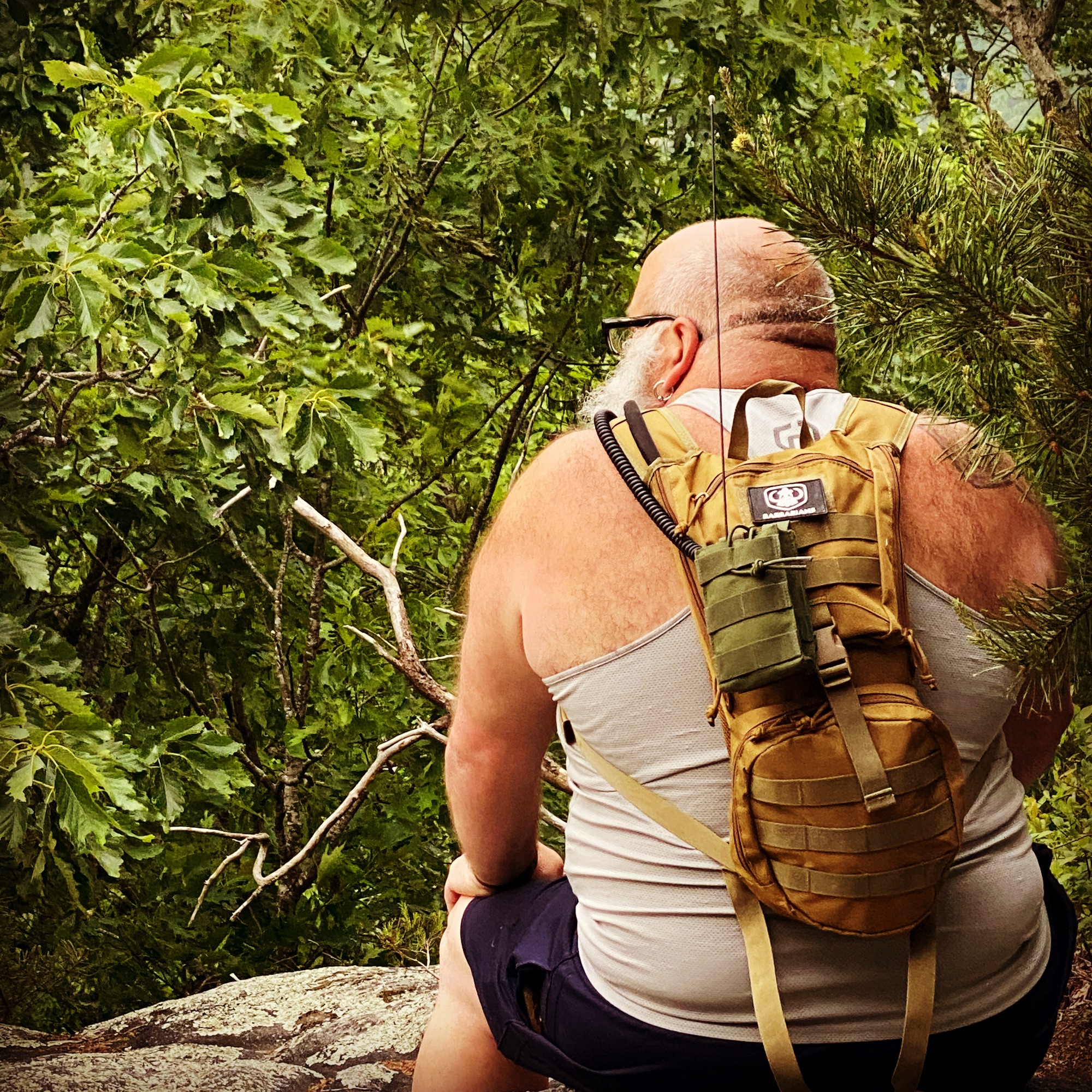Recently, someone left a comment on one of my blogs, asking, “Why do you do this? Why share these with us?” At first, I wasn’t sure if the question was sincere or rhetorical; either way, my response never received a reply. But it’s stayed with me, and I feel the need to answer it—not just for them, but for myself and anyone else wondering the same thing.
The truth is this: for far too long, mental health issues have been hidden away in the shadows. Topics like drug addiction and alcoholism are often treated as taboos, despite the fact that they’re part of the human experience for so many. The struggle is real—so real that, from the inside, it can feel like darkness that will never give way to light. And no, it’s not because we’re lazy or lack love for ourselves or others. It’s because, at times, it’s nearly impossible to fight our way out alone.
Right now, my PTSD, depression, and anxiety are under control. Today, I can say, “I’m okay.” But tomorrow? Tomorrow is never guaranteed. I want to believe it will be okay. I plan for it to be okay. But as we all know, even the best-laid plans can crumble. Mental illness isn’t something you just “get over.” It’s a constant process of management, awareness, and survival.
So, why do I share my experiences? It’s a question I’ve asked myself many times. The best answer I’ve found comes from the Alcoholics Anonymous Big Book. In it, the author writes about how he and his wife attended meetings not just to help others but because helping others helped themselves. That sentiment speaks to me deeply.
I share because it helps me, too. If I can help someone else see the light, it ensures that I’m also keeping my eyes on it. And if there comes a time when I can’t see the light for myself, I know I’ve at least pointed others toward it. There’s something profoundly grounding about that. It’s not about being selfless or selfish—it’s about being human.
The thing about mental illness is that it’s invisible. When someone loses a limb, their pain and struggle are evident to everyone. But when someone battles depression, anxiety, PTSD, or addiction, their pain is often hidden behind a smile or a carefully constructed mask. Robin Williams, for example, was one of the most beloved figures in the world, known for his infectious humor and kind heart. Yet no one suspected he was in so much pain—until it was too late.
People turn to substances like drugs and alcohol to dull their inner pain, but it’s a temporary solution that only amplifies the problem. Addiction becomes a cycle—a desperate attempt to escape while unknowingly digging deeper into the darkness.
I share my story because I want to break that cycle. I want to shed light on the struggles that so many endure in silence. I want people to know they’re not alone, and there’s no shame in seeking help. And maybe, just maybe, my words will reach someone who needs them most—a reminder that even in the darkest moments, there is hope.
If you’re reading this and feel like you’re trapped in the shadows, know this: I see you. I understand your pain. And while I can’t promise the journey will be easy, I can promise it’s worth it. Keep moving toward the light, one step at a time. Because even when it feels impossible, you are not alone—and you are worth the fight.
So, why do I do this? I do it for you. And I do it for me. Together, we can keep finding our way to the light. See you out there.
Discover more from Inside the mind of Wade
Subscribe to get the latest posts sent to your email.



